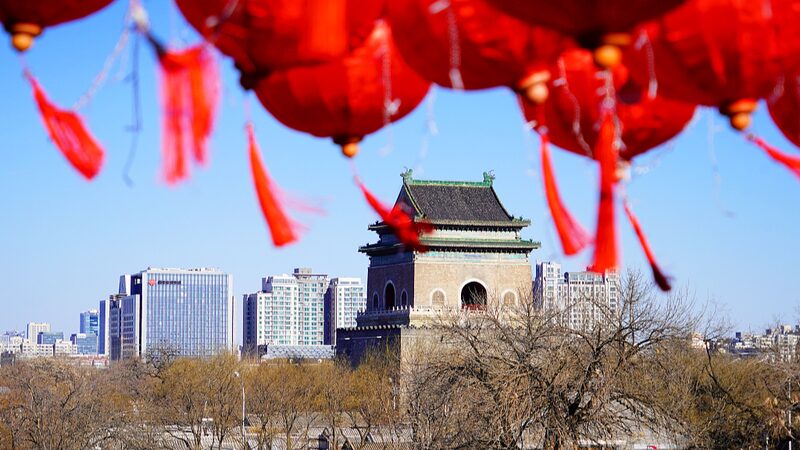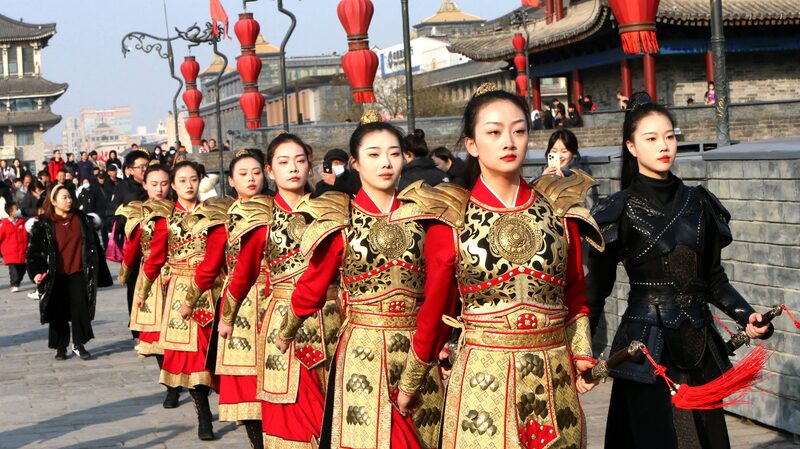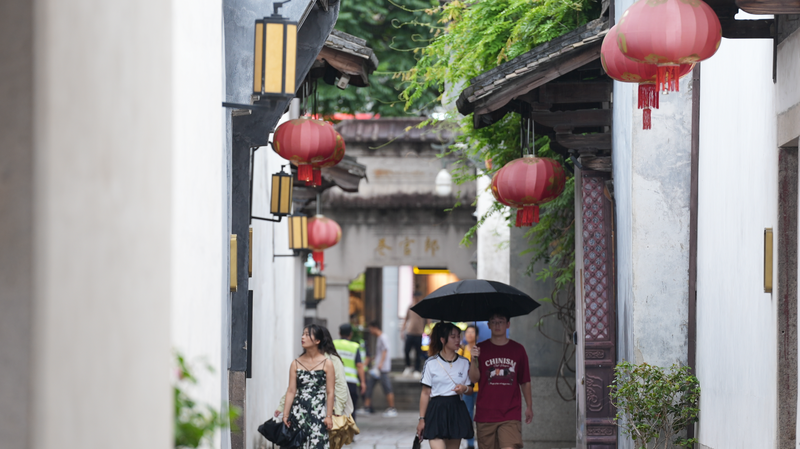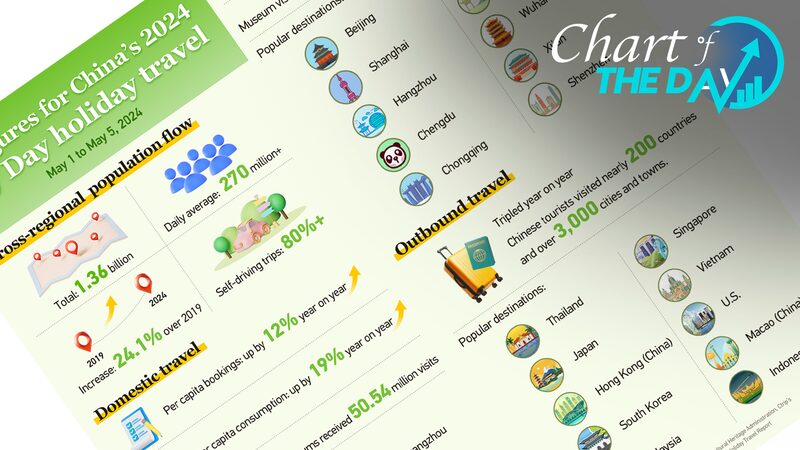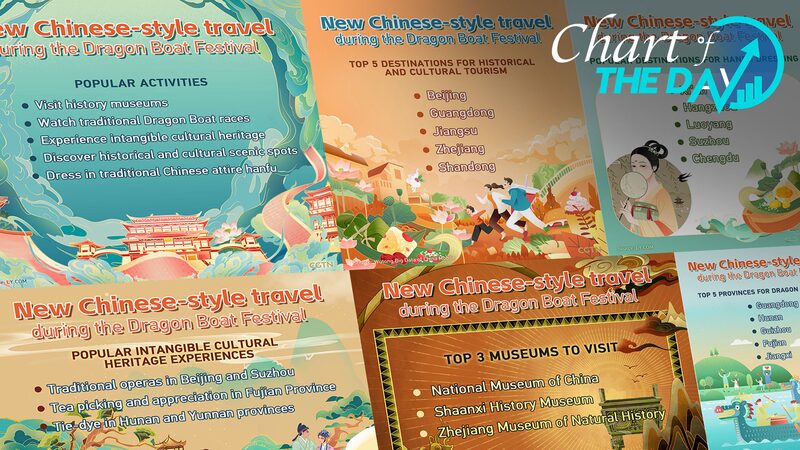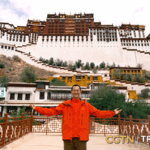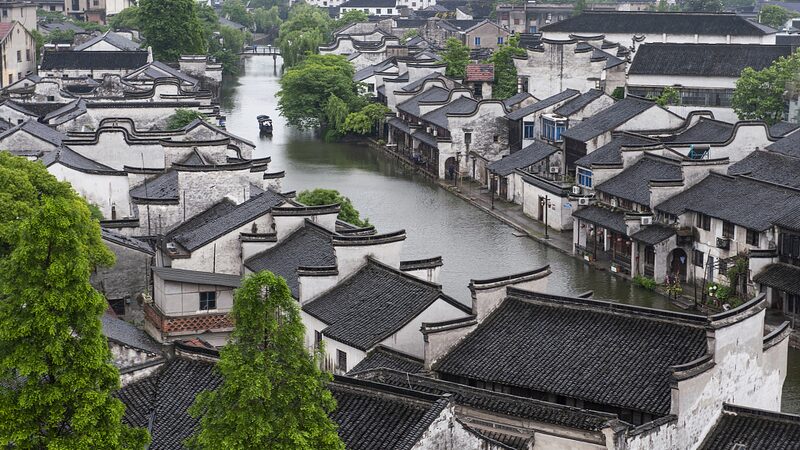In a world saturated with Instagram-famous landmarks and packed itineraries, young travelers across Asia are rewriting the rules of vacations through 'reverse tourism'—a movement valuing spontaneity, relaxation, and cultural immersion over rigid plans.
When Less Planning Means More Living
Dubbed the 'lying flat' travel philosophy, this trend emphasizes minimal preparation and maximum comfort. Travelers like Ma Yilin, a Nanjing-based professional, recently chose a three-day stay in Fuzhou without sightseeing checklists. 'I just wanted to recharge,' she explains. 'I ordered local dishes, explored quiet neighborhoods, and actually returned to work feeling rested.'
Small Towns, Big Impact
Data from the China Tourism Research Institute shows a 34% year-on-year surge in visits to lesser-known destinations like Guizhou’s cloud-kissed villages or northeastern counties transformed by seasonal snowfall. These locations offer cultural richness and affordability while avoiding overtourism strain.
A Generational Shift in Priorities
For students and young professionals, travel now serves as a 'life sampler'—a chance to disconnect from urban pressures. Content creators highlight moments like sharing breakfast with artisans in Fujian or watching fog lift over terraced fields, experiences that resonate deeper than crowded attractions.
This shift isn’t just altering vacation habits; it’s influencing hospitality markets and local economies. As one blogger noted: 'We’re not escaping life—we’re rediscovering it.'
Reference(s):
Ease and Comfort Define a New Era of Vacation Trends Among Young Travelers
cctv.com

